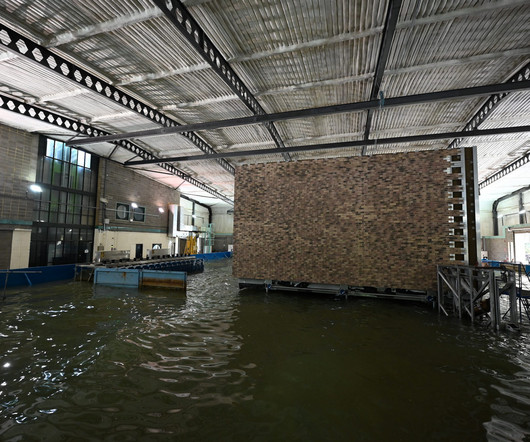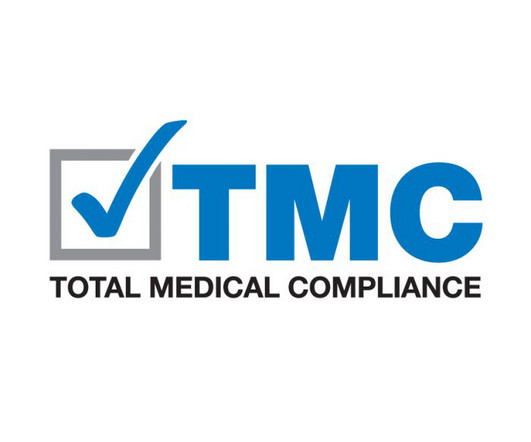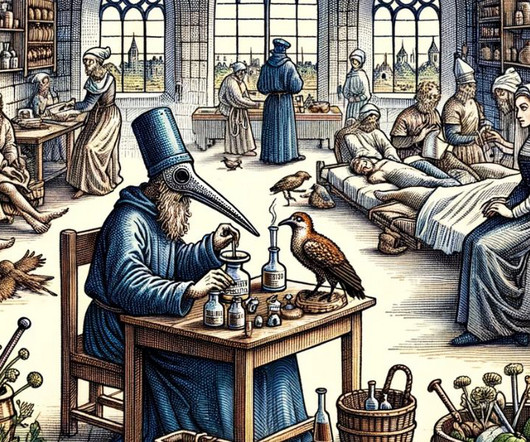Best Of EAST 2024 #8: Whole Blood And VTE
The Trauma Pro
JANUARY 11, 2024
The pendulum has swung from the use of whole blood in the early 20th century, to component therapy in the 1960s, and now a gradual move toward incorporating whole blood again. More and more papers are being published, and many trauma centers are looking for ways to integrate whole blood into their massive transfusion protocols. Much of the literature has been dedicated to safety and effectiveness, but little has examined thrombotic complications from its use.





























Let's personalize your content